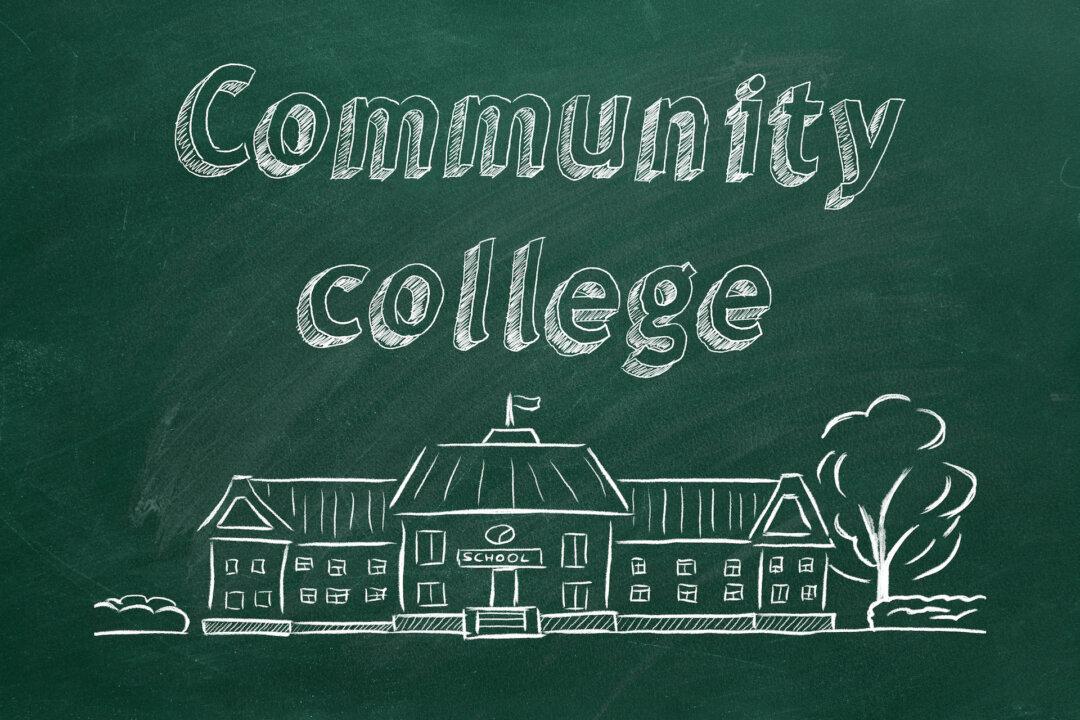Today, most high school students are pushed onto the standard track of preparing for college. Though there is increased appreciation for other paths like entrepreneurship and tradesmanship, a four-year college experience is still the goal for the vast majority.
Students are advised to make decisions throughout their high school career that will impress college admissions offices and maximize their admissions opportunities. For many students, this becomes the driving motivator of their activities and efforts throughout their high school years.






